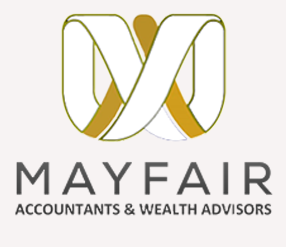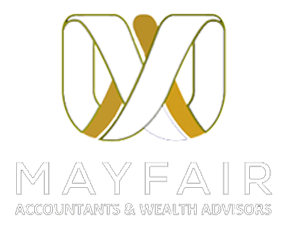The Pay As You Earn (PAYE) is a way used by HM Revenue & Customs (HMRC) for collecting income tax and national insurance contributions.
Usually, your employer uses a tax code which is issued by the HMRC. This tax code will tell your employer how much tax needs to be deducted from your pay. If it is not available, an emergency code will be provided to your employer and will be used until a full tax code is issued. After deducting necessary taxes from your wages or occupational pension, your employer will provide you your wages or pension.
PAYE Tax code Letters- What do they mean
• L– You are entitled to the basic tax-free personal allowance.
• Y – You were born before 6 April 1938 and will get full age-related personal allowance
• BR – You will not receive tax-free allowance and all your income is taxed at the basic rate (20%)
• DO– Your income is taxed at the higher rate (40%)
• NT – You are not paying any tax on your income
• K – Total deductions exceed your allowances
PAYE Problems
• Starting a new job: When you start a new job, your employer needs your tax code to cut the income tax from your pay before giving your salary. If you have a P45 form from your job in the same tax year, your employer will use such information for making tax deductions.
• Underpayments and overpayments of tax: HMRC review details of all your income and the total amount of tax you have paid at the end of the tax year. If you are found to have underpaid or overpaid the tax, HMRC will send you a P800 Tax Calculation form which shows the calculations of the overpayment or underpayment. HMRC will then refund the overpaid tax by sending you a cheque.
• Benefits: If you receive any taxable benefits from your employer (a company car, a loan above £5,000, living accommodation, medical insurance), you must include their value on your tax return. The value of these is treated as additional income and thus taxed accordingly.
• More than one job: When you have more than one job, you will require a PAYE code for your each job as your earnings are taxed under PAYE by using such code. In case if you have more than one occupational pension, same rules apply. Moreover, all your earnings from these sources will be taxed without allowances or reliefs.
If you want further information on PAYE, you can contact our accountants at 020 7060 9556 now.


